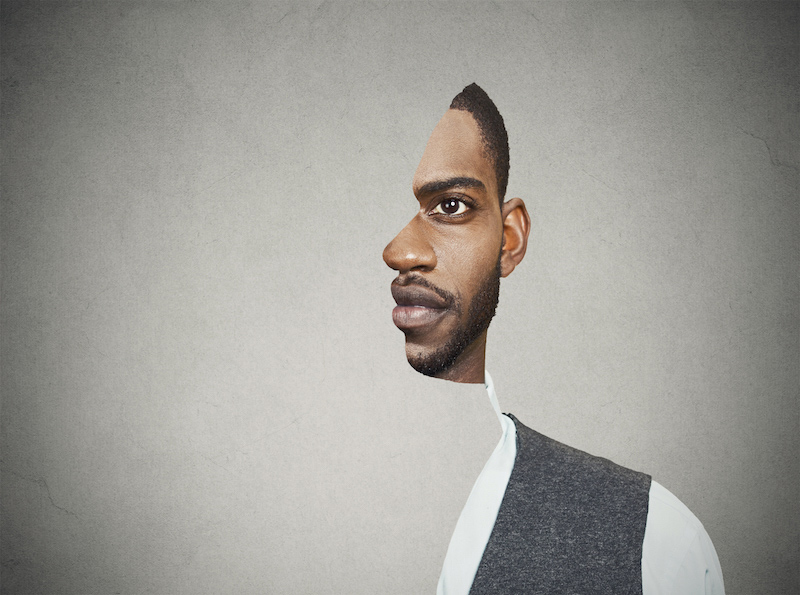
Age-related hearing loss, which concerns many adults sooner or later, will become lateral, to put it simply, it affects both ears to some degree. As a result, the average person sees hearing loss as being black and white — somebody has normal hearing in both ears or reduced hearing on each side, but that ignores one form of hearing loss completely.
A 1998 research thought that around 400,000 children had a unilateral hearing loss due to injury or disease in the moment. It is safe to say that amount has gone up in that last two decades.
What is Single-Sided hearing loss and What Makes It?
As the name suggests, single-sided hearing loss indicates a reduction in hearing just in one ear.In extreme cases, deep deafness is possible. The nonfunctioning ear is incapable of hearing at all and that individual is left with monaural sound quality — their hearing is limited to a side of the human body.
Reasons for premature hearing loss vary. It may be caused by injury, for instance, a person standing beside a gun firing on the left might end up with profound or moderate hearing loss in that ear. A disease may lead to the problem, too, for example:
- Acoustic neuroma
- Measles
- Microtia
- Meningitis
- Waardenburg syndrome
- Mumps
- Mastoiditis
Whatever the cause, an individual who has unilateral hearing must adapt to a different way of processing audio.
Direction of the Sound
The mind uses the ears almost like a compass. It defines the direction of sound based on what ear registers it first and at the maximum volume.
With the single-sided hearing loss, the noise will only come in one ear no matter what direction it comes from. If you have hearing from the left ear, then your mind will turn left to search for the noise even if the person talking is on the right.
Think for a minute what that would be like. The audio would enter one side no matter where what direction it comes from. How would you understand where an individual talking to you is standing? Even if the hearing loss isn’t deep, sound direction is tricky.
Focusing on Sound
The brain also uses the ears to filter out background noise. It informs one ear, the one nearest to the noise that you want to concentrate on, to listen for a voice. Your other ear handles the background noises. That is why at a noisy restaurant, you may still concentrate on the conversation at the dining table.
When you don’t have that tool, the mind gets confused. It is not able to filter out background noises like a fan running, so that’s all you hear.
The Ability to Multitask
The brain has a lot happening at any one time but having two ears allows it to multitask. That’s why you can sit and examine your social media account whilst watching Netflix or having a conversation. With just one functioning ear, the mind loses the ability to do one thing while listening. It must prioritize between what you see and what you hear, which means you tend to miss out on the conversation taking place without you while you browse your newsfeed.
The Head Shadow Impact
The mind shadow effect clarifies how certain sounds are inaccessible to an individual having a unilateral hearing loss. Low tones have extended frequencies so they bend enough to wrap round the head and reach the working ear. High pitches have shorter wavelengths and do not survive the journey.
If you are standing next to an individual having a high pitched voice, then you might not know what they say unless you turn so the good ear is facing them. On the flip side, you may hear somebody with a deep voice just fine regardless of what side they are on because they create longer sound waves that make it into either ear.
People with just minor hearing loss in only one ear tend to accommodate. They learn fast to turn their head a certain way to hear a buddy talk, for example. For those who struggle with single-sided hearing loss, a hearing aid might be work around that returns their lateral hearing to them.
